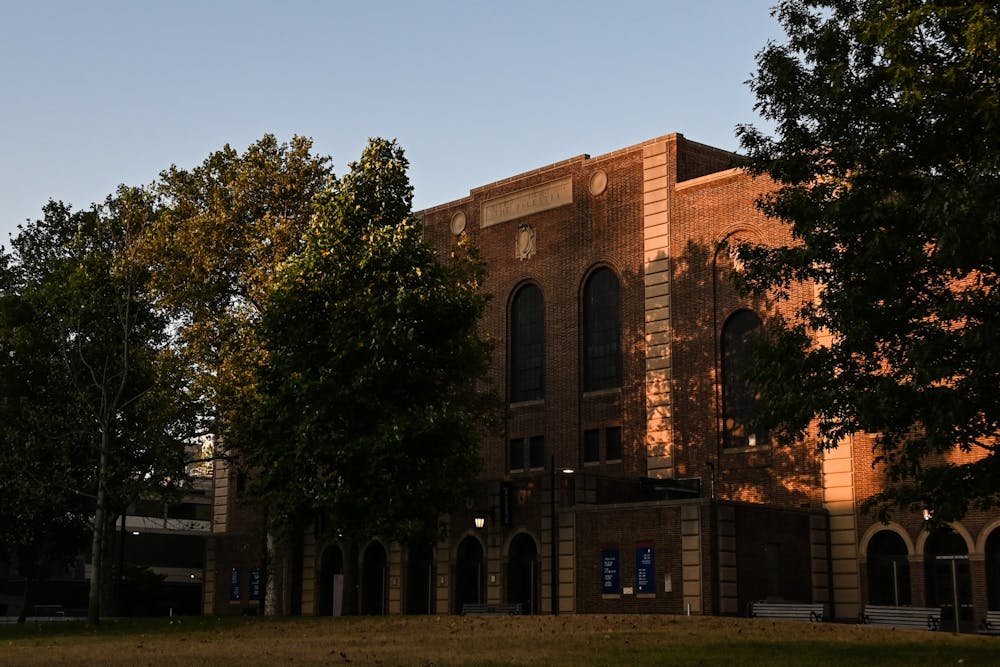
While peer institutions have recently cut some of their varsity sports teams for financial reasons, Penn is keeping its 33 teams.
Credit: Kylie CooperIn a summer so far filled with long emails from Amy Gutmann, it is safe to say that the Penn community will not be receiving one detailing the elimination of any varsity sports.
Although some of Penn's peer institutions have cut several teams in recent weeks, the Quakers will not experience a similar fate.
"Penn is committed to not dropping any intercollegiate programs," said Senior Associate Athletic Director of Governance and Administration Kevin Bonner in an email to The Daily Pennsylvanian.
The commitment from Bonner and Penn Athletics is a major victory for many members of the Quaker community, after seeing so many of their rivals deal with eliminated programs.
In June, Brown cut 11 varsity sports in an aim to consolidate its athletic efforts and achieve greater success within the Ivy League after winning only 2.8% of league titles from 2008-2018. However, not long after the announcement, men's track, field, and cross country were reinstated after concerns that the elimination of the sports could reduce diversity on campus and in athletics.
Within the last week, Stanford and Dartmouth have both dissolved a number of varsity sports, with both schools citing financial woes that were exacerbated by the coronavirus pandemic. Additionally, Dartmouth stated that the change would give the school more flexibility in admissions.
And while those moves have been surprising to many, they may not be stopping anytime soon.
“This is the beginning of a domino effect,” Ivy League sports recruiting expert Chris Lincoln told Bloomberg. “These are not going to be the only schools cutting athletic teams.”
Among the sports that have been cut are men's and women's swimming and golf, men's wrestling and sailing, squash, and sailing.
A common thread between the aforementioned schools that have discontinued teams is that they all carried a high number of teams to begin with. Brown, Stanford, and Dartmouth had 38, 36, and 35 sports, respectively, before the cuts were announced, whereas the average NCAA Division 1 school has only 19.
Ivy League schools are able to sponsor a large number of varsity teams because league rules do not permit for academic scholarships, thereby reducing costs. Additionally, Ivy athletic programs receive funding from their institutions, while most athletic programs rely solely on athletic revenues.
But with a higher number of teams comes a higher chance that teams can be eliminated, as the less visible teams will often fade in comparison to the money-makers like football and basketball.
For the foreseeable future, however, the Quakers will stay put with 33 sports.
But just because Penn isn't eliminating any sports doesn't mean that changes won't come to the athletics department.
With the cancellation of the fall season, Penn is set to lose a massive amount of athletic revenue. Penn may have to restructure the athletics department in some way, at least temporarily. Whether that be by reducing the positions available for athletes, minimizing operational expenses, or some other method, remains to be seen.
The Daily Pennsylvanian is an independent, student-run newspaper. Please consider making a donation to support the coverage that shapes the University. Your generosity ensures a future of strong journalism at Penn.
Donate







